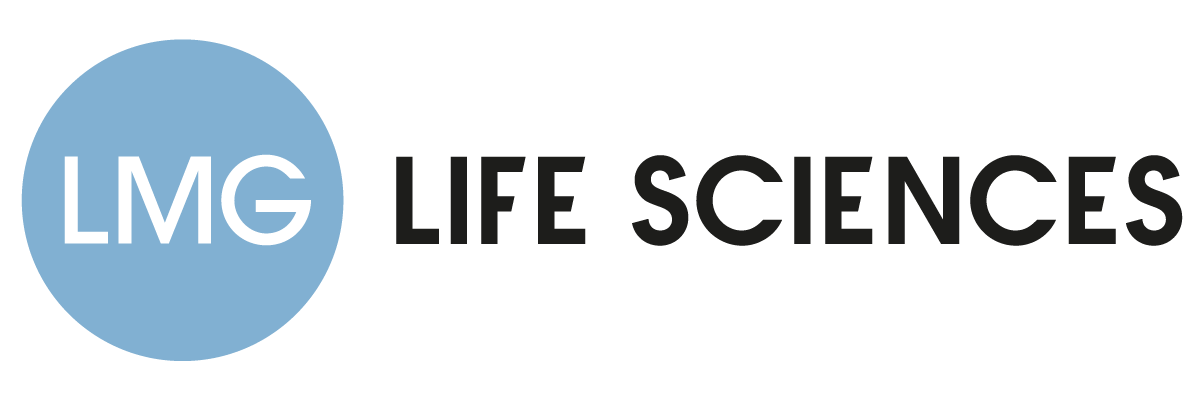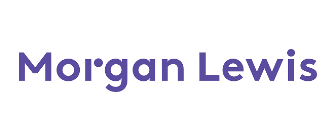Can you describe Morgan Lewis’ strategy for lifecycle growth in light of recent partner acquisitions and geographic expansions?
Randall Sunberg: Some years ago when pharma companies were talking about BRIC countries being the next wave of their commercialization activities, we purposefully-- from life sciences and other industry perspectives--expanded into Russia and other parts of Eastern Europe, while also expanding our existing base in China. We have formed affiliations with firms in India and in Latin America. The recent expansion with attorneys from the Bingham McCutchen gave us more breadth and capabilities in London, Japan, as well as on the West Coast and most importantly in Boston. We already had offices and a very vital practice in Boston but additional people there made it possible to reach even deeper into the venture capital and the emerging company community. In addition, we recently opened an office in Shanghai to further strengthen our ties in China.
Jeffry Mann: That is a good summary of the last two years. Also with the life cycle focus, once companies have IP patents and they are out selling their products, the spectre of litigation inevitably rears its head and we added a fantastic group from K&L Gates, just about six or seven months ago headed up by Michael Abernathy and they are classical pharma, biotech, Hatch Waxman litigators that have had some great successes for a couple of our clients already. So that is already working out really well. There are nice synergies between the clients they brought in and our existing clients. Singapore has spent in last few years over 50 billion Singapore Dollars in expanding the life sciences echo-system, and it is in the nascent stages of seeing the advantages of that investment. Some companies are being spun out of universities in Singapore and venture capital firms are interested in moving to Singapore. We’ve had meetings with some of the key stake holders in Singapore: the Intellectual Property Office of Singapore, The Agency for Science Technology & Research, the sovereign wealth funds and with our group in Singapore -- about 80 attorneys, 18 partners of whom were in a great position to start developing that as a country and as part of larger Asian region. Singapore is trying to turn itself into both an intellectual property hub for Asia, a dispute and intellectual property dispute resolution hub for Asia, and also a low-cost but highly educated workforce and effective branding infrastructure for life sciences companies to do preclinical research and very early stage and up to phase one research on new pharmaceuticals and biotech based inventions.
What makes Morgan Lewis’ life sciences practice unique: global reach, the broad scope of its practice?
Randall Sunberg: I think the number one item that sets us apart is the lifecycle approach: we are present at every step of the lifecycle. We are one of the few large firms that has a very active emerging company practice and venture capital practice. So we are involved with companies from their inception: portfolio companies, venture capital firms, and early stage financing. We have a number of clients that are startups spun out of major universities. You won’t find many firms with the global reach that we have or breadth of practices that we have. Also, we have a major collaboration and licensing practice, not just for big pharma or just for biotech; our client base is pretty much split between the two so that we know what companies on the other side of the table are thinking and their goals and how to bring parties together constructively to reach an agreement. We represent 18 of the top 20 big pharma companies, and a similar percentage of top biotech companies. Having a strong transactional, IP, and FDA practice are really core to being able to negotiate and document transactions and assist in litigation in ways that we can. We can take them from the early startup to the mature company that goes public or does an M&A deal and we are able to defend or assist them in litigation and along the regulatory pathways for product approvals. So we have all the tools to meet their own business model, the geographic breadth which is just enormously helpful in implementing business expansion activities and we are there with them in the key jurisdictions.
Describe the Morgan Lewis firm culture.
Jeffry Mann: One of the things that has consistently appealed to me about our firm over the 12 years I’ve been here is we are a partnership that works. We are able to effectively collaborate at a high level across all these diverse practice groups and areas and offices. If I have a client with a question about Singapore, I can reach out to my partner in Singapore. If I have client thinking of doing a pharma partnering deal, I pick up phone and call Randy and he is there to help and we will jump into these things. It is not unusual for us to have corporate, transactional, FDA, and IP partners all working together on a project for a client. We have partners across borders, across states, across countries, across regions. We work with clients in very holistic manner. We have a very strong IP diligence practice. As Randy is moving into a pharma deal, somebody may need diligence done on an IP portfolio that is at the basis of the deal. We have people that can handle that from the small molecule pharma space, from the large molecule, therapeutic protein or antibody space. If it is medical device, we have people with appropriate bioengineering and mechanical backgrounds that can assist with the diligence in that area as well.
Randall Sunberg: We are organized in a way that encourages interaction and collegiality. In the life sciences industry group, we have about 250 partners and counsel in addition to associates. That sounds like a large number but, of the firm’s total number of almost 2000, it is very manageable number and kind of like a boutique within Morgan Lewis that focuses on life sciences and that is spread across our practice areas. So if a question comes up in Japan, I know who to call of the 13 lawyers in Tokyo. It’s the same if a question arises in Dubai, I know who to call because we interact with each other all the time. One of the firm’s guidelines’ is you return a partners’ phone call as quickly as you would return a client’s phone call. We are there to assist each other and work together as teams. We see the benefit for the firm in working together and contributing to each other’s success because we are rewarded for overall success.
Describe cross talk between practice areas?
Randall Sunberg: On the transactional side or in collaborations and licensing agreements, IP is critical to deals. We often work with IP colleagues to make sure we are capturing the right nuances on definitions, the scope of license grants, and overall strategy. So there’s a lot of interplay with IP colleagues. With our regulatory and FDA colleagues in the US, Europe and Asia, we often work on the regulatory pathway, and agreements about the parties’ roles and responsibilities before regulatory bodies, which will be different in various parts of world. We might have one party owning the regulatory approval for a product in US, but another party might own it in Europe or other countries, and there needs to be a lot of coordination between parties. Other groups that come into play are our litigators who have tremendous familiarity with the disputes that can arise in transactions that involve product development and IP.
Where does the firm concentrate its IP efforts and what is the strategy for growth here?
Jeffry Mann: We have an extremely robust IP practice. We traverse the full spectrum from small molecule chemistry through large molecule therapeutics, antibodies, and biosimilars. We have a team of partners and associates in our London office who are increasingly focused on life sciences transactions and we are of the opinion that it would be helpful to have a life sciences IP transactional group in the London office.
Describe your digital health practice and its strategy for growth.
Randall Sunberg: We have both a life sciences and technology connection with digital health because of the use of smartphones and other devices in monitoring, compliance of patients with medications, and diagnostics. We’ve seen a rise in digital health and health technology, with the use of mobile devices by populations in parts of the world that don’t have sophisticated clinical infrastructure.
Jeffry Mann: We have a partner in San Francisco office in IP group, Brett LoveJoy who specializes in IP aspects of that. We also have a partner in FDA group, Michele Buenafe who is focused on FDA regulatory aspects of digital health. It is an area that the FDA seems to be increasingly active in.


